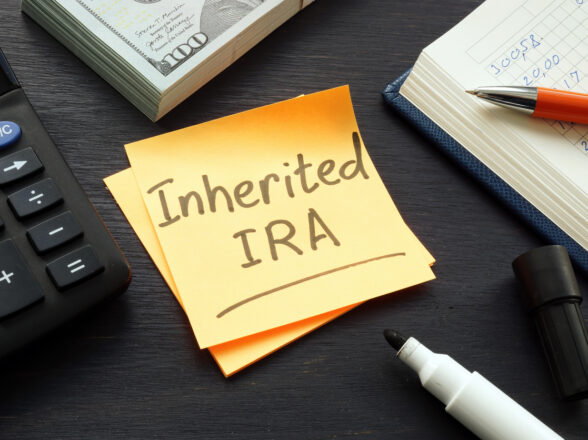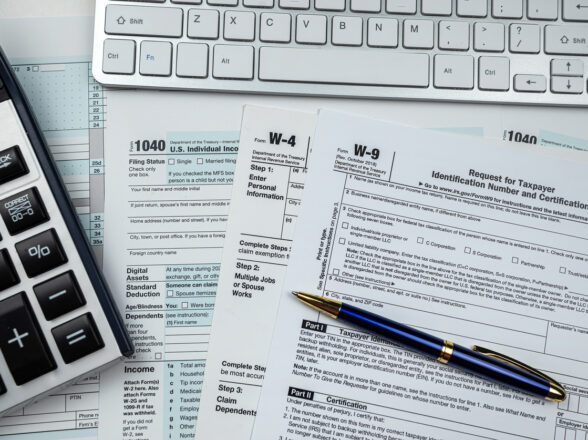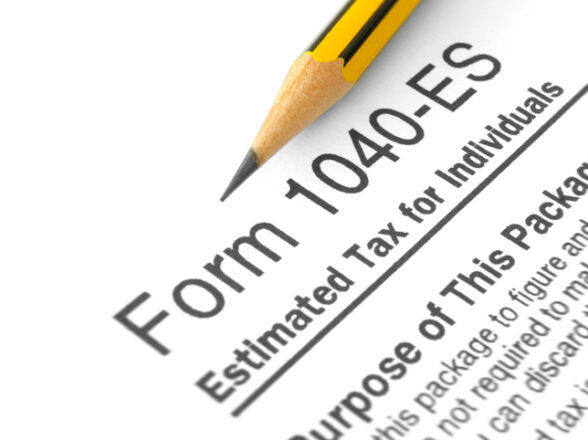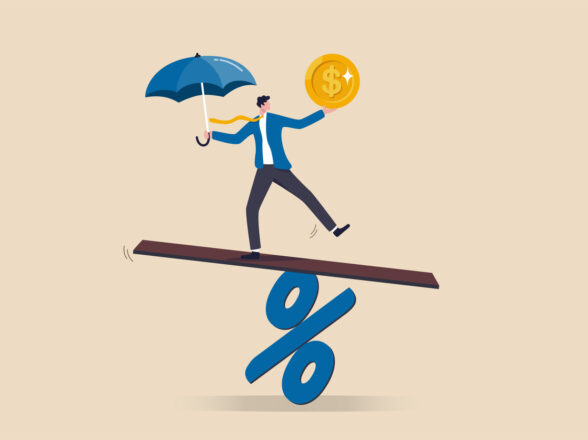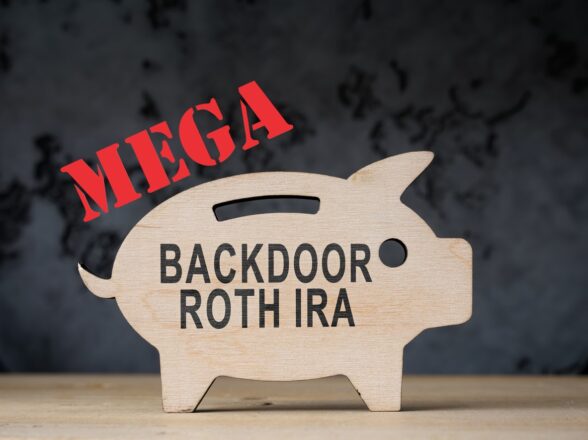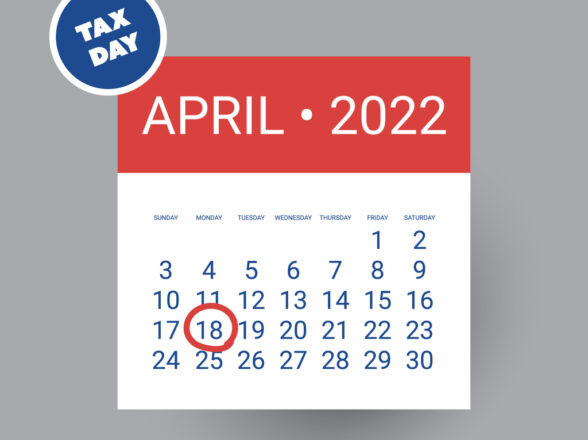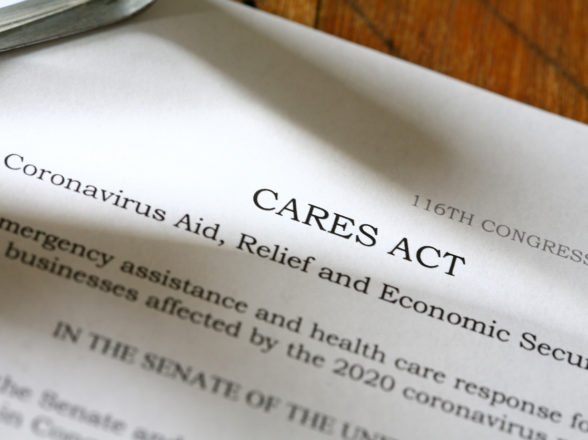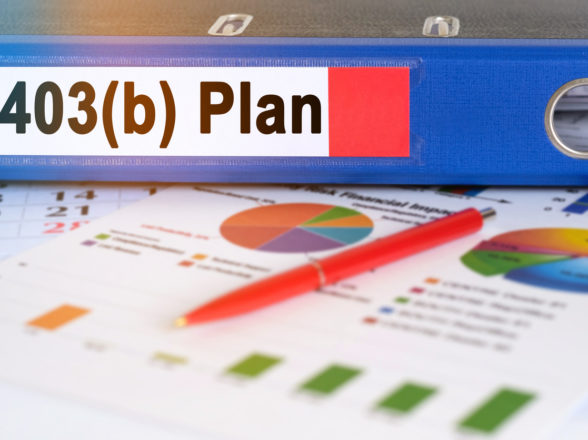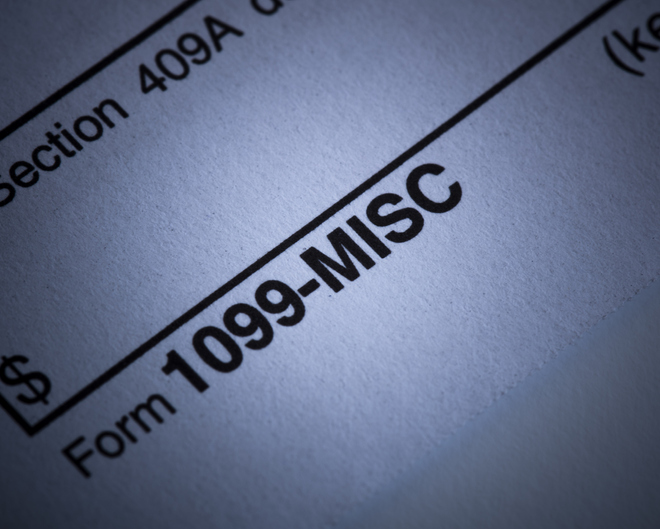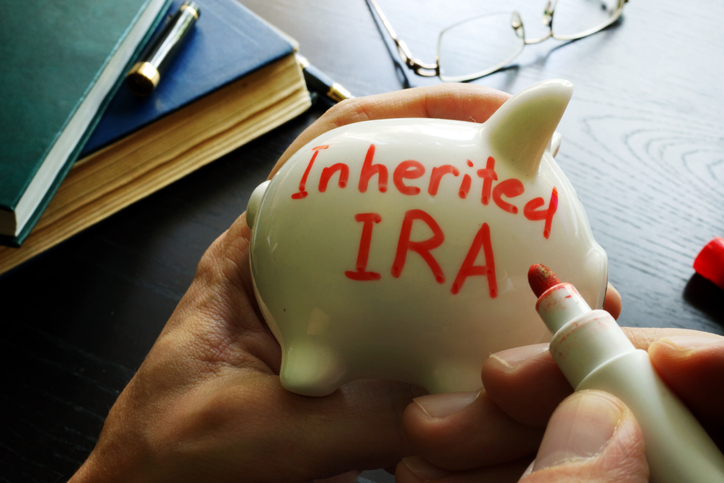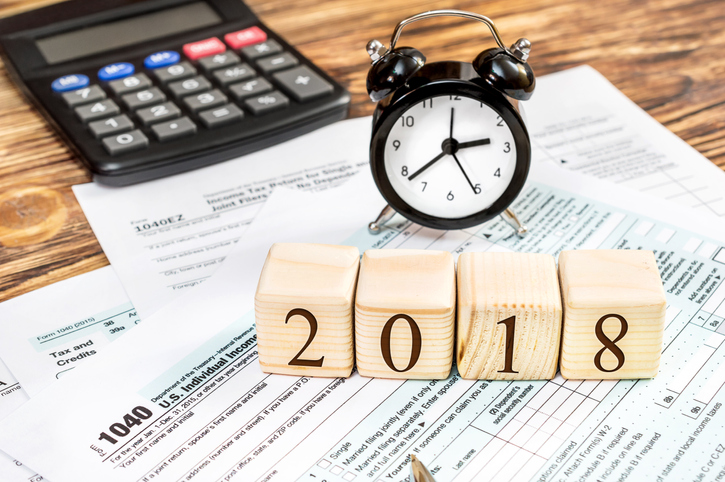Blog
A Comprehensive Pre-Retirement Checklist

Let’s face it – for many people the term ‘retirement’ doesn’t have the same meaning today as it once did years ago. Wind the clocks back a few decades and the work landscape was much different. Your average employee had one or two jobs in their entire career vs and average of 3-5 today. Pensions were commonplace, and now, they are truly of dinosaur stature. Additionally, many workers just walked out the door and never had earned income again for the rest of their lives.
Fast-forward to today and the scene is much different. The vast majority of clients of ours here at Infinium will have many different jobs, at many different employers and rarely get a pension. They also frequently express the desire to take on work again, but in a different form and under conditions much more agreeable to their schedules. the COVID-19 crisis definitely accelerated this trend as many professionals can now become consultants and get paid for their skills entirely from a distance via web conferencing. So net-net, it’s a brave new world as we all contemplate the golden years of our lives.
Nonetheless, retirement in terms of stepping away from your mainline job can bring with it a huge shift in your finances and lifestyle. For that reason, you need to ensure you are ready to retire before doing so officially. Of course, one of the hardest decisions you will have to make is deciding when to retire. If you retire too early, you may end up in financial trouble. On the other hand, retiring too late means that you will probably have no energy to enjoy life after that.
Additionally, according to 64% of Americans either think their retirement savings are not on track or are not sure of the average amount they should set aside as retirement savings. Here are more interesting retirement statistics.
•41% of retirees fear outliving their savings and investments.
•There are about 25% of non-retired adults without retirement savings.
•Only 29% of workers are very confident they will have the resources to enjoy a comfortable retirement.
•21% of individuals strongly agree that preparing for retirement stresses them out.
Note that retirement implies freedom for some individuals. However, the idea is terrifying for others. Such individuals have several questions running in their minds whenever they think of retirement, including;
•What If I have to go back to work?
•Will I die broke?
•Will my retirement income be enough to enjoy retirement?
•What if I need long-term care?
•How will I pay for health insurance
There is a lot to consider when you think about retirement. As much as that is the case, putting the extra time and effort to ensure that you are ready to retire is not an option whether you are anxious, excited, or stressed out about it. That is where a pre-retirement checklist comes in handy. Here are details on some of the things worth considering before retiring:
1. Identify Your Critical Retirement Dates and Deadlines
When preparing for retirement, the first thing you need to do is familiarize yourself with your retirement dates and deadlines. You do not need to memorize them, but it is critical to have a general idea of things to watch out for and when to identify them. Below are some of the questions you should ask yourself in this case.
a) When is pulling money from your retirement plan accounts necessary? What is the penalty for failing to do so?
b) When do you qualify for Medicare, and what penalty will you pay for failing to enroll in time?
c) What penalty do you pay for pulling money from your retirement plan account early, and how can you avoid it?
d) When can you claim your Social Security benefits, and how can you maximize the money you get?
Note that these retirement dates and deadlines change regularly, and that is why you need to keep up on regulatory changes. Also, getting these dates and deadlines wrong can attract massive penalties. For instance, the penalty for missing your IRA required minimum distribution is 50% of the RMD (Required Minimum Distributions) yet to be withdrawn.
Additionally, you will pay an increase of 10% for each year if you miss your Medicare enrollment deadline.
2. Learn How to Minimize Taxes and Withdraw Funds
Probably, you have spent your entire adult life investing money into your retirement accounts, and when it is time to take it out, it may seem crazy. Understanding how to withdraw such funds is not an option. If your retirement savings plan is employer-sponsored, you need to consider leaving the money there or moving it into an IRA account.
If you are over 59.5, consolidating may prove a better option. That suggests that you can take out cash from your retirement accounts without incurring an early withdrawal penalty. Understand that taking required minimum distributions (RMDs) is a requirement by law once you hit 70.5.
The decision you make, in this case, should be in line with what you and your family feel most comfortable with and what is tax-efficient. Working with the institution managing your funds to understand how withdrawals work is advisable.
You will also need to decide when to sign up for Social Security. Although signing up anytime between the ages of 62 and 70 is an option, most experts advise waiting until full retirement age to do so. The reason is that you can expect a bigger check by waiting longer. Applying for Social Security is possible in person at the local Social Security office, online, or by phone.
3. Prepare A Budget
You should define the money you will need to support the lifestyle you want after retirement. First, is the amount your need for basic needs like healthcare, food, and housing. Next is the cost of the things you want, including club membership and travel.
As such, consider creating a financial plan that gives you a high probability of achieving the necessities and after that, add luxuries where possible.
4. Decide Where You Wish to Live
Once you are done thinking about the retirement lifestyle you desire, find a location that supports the same. For example, downsizing to a condo may be necessary if you want to travel, and a small town could be ideal if you want peace and quiet. Also, moving somewhere with a lower cost of living and lower taxes is a wise idea if you want more money at your disposal.
5. Take Time to Think About Your Healthcare
Interestingly, healthcare becomes more critical and potentially expensive as one grows older. So, you cannot afford to overlook the importance of making healthcare part of your plans, especially if you will engage in extensive movement and travel. The reason is that Medicare may not pay for the expenses you incur outside of the U.S.
In that case, consider buying a private insurance policy to fill that gap.
6. Consider Practicing Retirement Now
You will no longer have somewhere to go each day after retiring, which means you will be cut off from your typical social network. That can be a difficult time, but you can avoid such post-retirement depression by contemplating what you want to do and starting it now. For instance, if you are interested in teaching at a local university, start now. If you want to volunteer for your church, begin now.
Practicing your retirement allows you to discover what you want to do and meet new people as well.
7. Reconsider Your Risk Profile
Adopting a defensive investment philosophy becomes a necessity once you are five years away from retirement. Probably, you invested more aggressively while you were growing your funds. As much as that is the case, now would be the right time to diversify and reduce your risk. By doing so, you will avoid losing a chunk of your retirement to a bear market.
Some of the defensive approaches that fund managers adopt are creating stop-loss strategies to mitigate downside risk, rebalancing your portfolios quarterly, and reducing exposure to equities.
8. Consider Retiring Your Debt
Your debt should be retired when you retire from work. Remember that most of your expenses will be variable costs you can control if you have no credit card, mortgage, or car payment debt. Indeed, that is a great feeling, and you can start working towards that now. Begin by making a list of your debts and rank them from the highest interest debt to the lowest.
Paying off the highest interest debt first makes sense, depending on the terms and conditions of your loans. After that, you can focus on working your way down until you pay off all your debt.
9. Plan Out Your Estate
Thinking about your demise may be the last thing on your mind. However, as you near retirement, you will also be getting closer to the end of your life. Having an estate plan ensures that your family is not plagued with a financial burden once you are gone. Also, the allocation of your resources will be in line with your desires if you have an estate plan.
So, beyond creating a will, you need to assign a power of attorney and healthcare proxy. Doing so ensures that such individuals can make decisions on your behalf if you are incapacitated. Appointing beneficiaries on shared assets, life insurance plans, and retirement accounts and establishing guardians for living dependents is also necessary in this case.
You also need to consider taxes if you do not want your estate bequeathed to the IRS. Additionally, you can prepare a letter with the information not accounted for, such as disseminating sentimentally valuable family heirlooms or desired funeral arrangements.
Also, ensure these documents are notarized and safely stored. Include an inventory of personal data like your digital passwords, Social Security number, insurance policy numbers, date of birth, and bank account numbers. That organizes your records to facilitate ease of access. Do not forget to review your plan once every five years or when you experience a life-changing event.
10. Set Up An Emergency Fund
Ensuring you are protected if things fail to go according to plan is critical before making any major financial step. An emergency fund makes up for delays in the start date of your pension or Social Security and covers you in the event of a personal catastrophe. Note that an emergency fund is about how much you are spending, no matter your current state of employment.
Also, keep your emergency fund somewhere safe and separate from your other savings to avoid the temptation of spending it. The options you can consider here include a money market account or passbook savings. The reason is that both earn your interest and are liquid in case you need to access your funds.
In Sum
Covering every aspect of a pre-retirement checklist is impossible. The reason is that each individual’s dreams for the future, finances, and goals are unique. Even so, the details above point you in the right direction by helping you identify what matters and what you need to do when preparing for retirement. Please let us know your thoughts as you begin to consider the next chapter in your life no matter where that takes you.


































